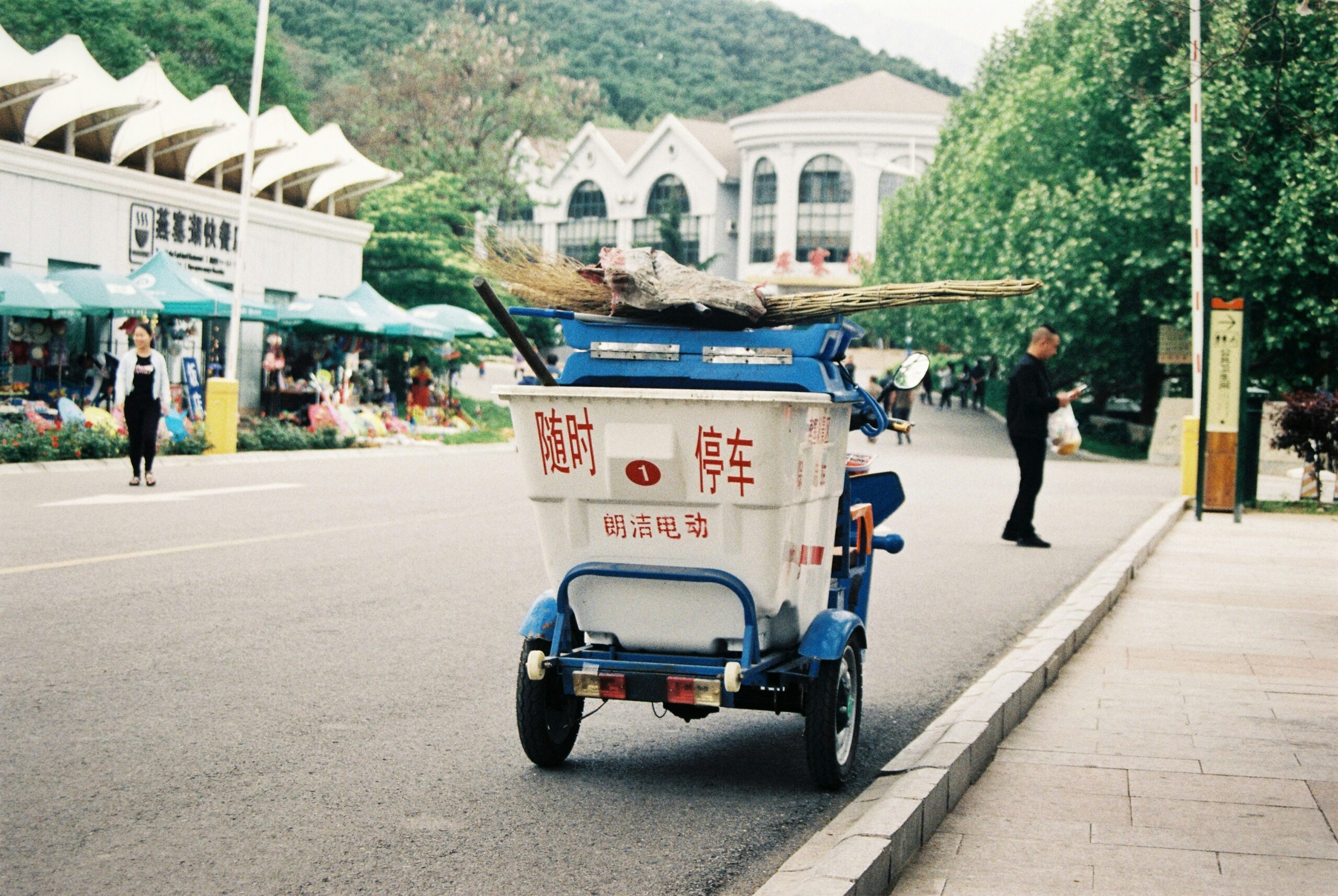When it comes to transporting goods and materials, the right equipment can make all the difference between a smooth job and a frustrating ordeal. Enter Afruimwagens — specialized carts designed to optimize hauling and transport across a variety of environments and industries. Whether you’re a farmer moving heavy produce, a construction worker shifting bulky equipment, or simply looking for an efficient way to manage your yard, Afruimwagens provide a versatile, durable, and innovative solution.
In this article, we’ll explore what makes Afruimwagens unique, how they’re used, and why they’ve become essential tools for many professionals and hobbyists alike.
What Are Afruimwagens?
The term Afruimwagens refers to a specialized category of carts or trolleys designed specifically for hauling and transporting goods efficiently. Originating from practical needs in agriculture and construction, Afruimwagens combine sturdy construction with smart design features to handle heavy loads and rough terrain with ease.
Unlike traditional wheelbarrows or simple carts, Afruimwagens are engineered for maximized load capacity, stability, and maneuverability, making them ideal for challenging work environments.
Design Features That Set Afruimwagens Apart
Afruimwagens stand out because of several innovative design elements:
1. Robust Frame and Materials
Typically constructed from heavy-duty steel or reinforced aluminum, Afruimwagens are built to withstand heavy weights and rough handling without bending or breaking.
2. Specialized Wheels
Many Afruimwagens use large, pneumatic or solid rubber wheels designed for excellent traction and shock absorption. This makes navigating uneven surfaces like fields, construction sites, or gravel paths much easier.
3. Ergonomic Handles
User comfort is key; ergonomic handles reduce strain on the user’s hands and back, allowing longer, more comfortable hauling sessions.
4. Optimized Load Space
The carts often feature wider, deeper beds or platforms for better load distribution, helping prevent tipping and making loading/unloading more efficient.
5. Modularity and Attachments
Some Afruimwagens come with modular designs allowing attachments or extensions — such as side panels or covers — tailored for specific hauling needs.
Common Uses and Applications
Agriculture and Farming
Farmers frequently rely on Afruimwagens to transport fruits, vegetables, feed, and tools between fields and storage areas. Their durability and capacity make daily tasks more manageable.
Construction and Landscaping
Moving heavy materials like bricks, soil, gravel, or tools is easier with Afruimwagens. Their rugged build helps navigate construction zones safely and efficiently.
Gardening and Yard Work
For home gardeners and landscapers, Afruimwagens reduce trips back and forth by carrying large loads of mulch, plants, or debris.
Industrial Use
In warehouses or factories, Afruimwagens can assist in shifting bulky parts or equipment, improving workflow and safety.
Benefits of Using Afruimwagens
- Increased Efficiency: Larger load capacity and ease of movement reduce the number of trips needed.
- Durability: Built to last, Afruimwagens stand up to tough environments and frequent use.
- User-Friendly: Ergonomic design reduces physical strain and injury risk.
- Versatility: Adaptable for many industries and various load types.
- Cost-Effective: Long-term durability means fewer replacements and repairs.
How to Choose the Right Afruimwagen
When selecting an Afruimwagen, consider the following:
- Load Capacity: Match the cart to the heaviest loads you expect to carry.
- Terrain Compatibility: Choose wheels and tires suited for your working environment (e.g., pneumatic for rough terrain, solid for smooth surfaces).
- Size and Weight: Ensure the cart fits the available space and can be comfortably handled.
- Additional Features: Look for models with attachments or modular capabilities if your work demands versatility.
- Budget: Balance features and quality with your budget to get the best value.
Maintenance Tips for Longevity
- Regular Cleaning: Remove dirt and debris after use to prevent rust and wear.
- Check Tires: Inspect for wear and proper inflation, especially on pneumatic wheels.
- Lubricate Moving Parts: Keep axles and joints smooth to avoid mechanical issues.
- Storage: Store Afruimwagens in dry, sheltered places to protect them from weather damage.
- Inspect for Damage: Periodically check the frame and structure for cracks or bends.
Conclusion
Afruimwagens represent a significant evolution in hauling and transport equipment, offering unmatched performance, versatility, and durability. Whether you work in agriculture, construction, or simply want a reliable cart for yard work, investing in a quality Afruimwagen can make your tasks easier, safer, and more efficient.
With their smart design and robust construction, Afruimwagens aren’t just carts — they’re practical innovations that enhance productivity and reduce physical strain. So next time you need to move heavy loads, consider the advantages that an Afruimwagen brings to the table.
FAQs
Q1: Can Afruimwagens be used on all types of terrain?
Yes, depending on the wheel type chosen, Afruimwagens can handle everything from smooth indoor floors to rough outdoor surfaces.
Q2: Are Afruimwagens suitable for heavy construction materials?
Absolutely. Their sturdy build and large load capacity make them ideal for moving bricks, cement bags, and other heavy items.
Q3: How do Afruimwagens differ from traditional wheelbarrows?
Afruimwagens typically have larger wheels, greater load capacity, and enhanced stability, making them easier and safer to handle.
Q4: Is assembly required when purchasing an Afruimwagen?
Most models require some assembly, but instructions are usually straightforward and parts included.
Q5: Where can I buy a quality Afruimwagen?
You can find Afruimwagens at specialized agricultural suppliers, construction equipment retailers, and online marketplaces.



